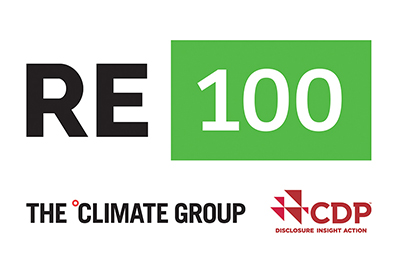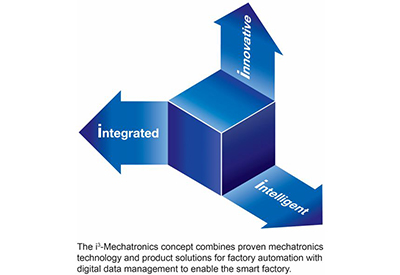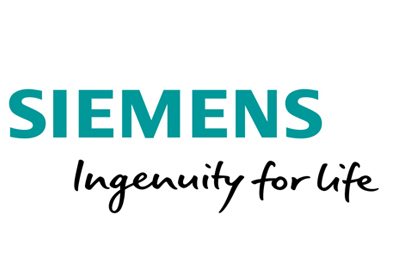Nexans Joins RE100

December 15, 2020
Nexans has recently joined the Climate Group’s RE100 initiative and is committed to achieving 100% renewable electricity by 2030.
RE100 is a global initiative bringing together the world’s most influential companies leading the transition to 100% renewable electricity.
In line with the Paris agreements (COP21), which set a limit of 1.5°C warming by 2030, Nexans has unveiled its roadmap towards carbon neutrality. As part of this plan, the Group is aiming for an average annual reduction of 4.2% in its greenhouse gas emissions (in particular on scopes 1 and 21) and plans, among other things, to use renewable energy through local production or the purchase of decarbonated energy for all sites, and that 100% of R&D projects will be dedicated to energy transition and energy efficiency.
“Our ambition is to contribute to the energy transition by being a player in the sustainable electrification of the world,” says Christopher Guérin, CEO of Nexans. “More than a strategic axis, renewable energy is part of our purpose: “Electrify the future“. Joining the RE100 demonstrates Nexans’ commitment to bring a sustainable future for all.”
“I am delighted to welcome Nexans to RE100. By committing to 100% renewable electricity by 2030, Nexans is joining a growing number of companies committed to driving market change. This sends a powerful message that renewable electricity makes good business sense, and we encourage others to follow,” says Sam Kimmins, Head of RE100, the Climate Group.
![]()






